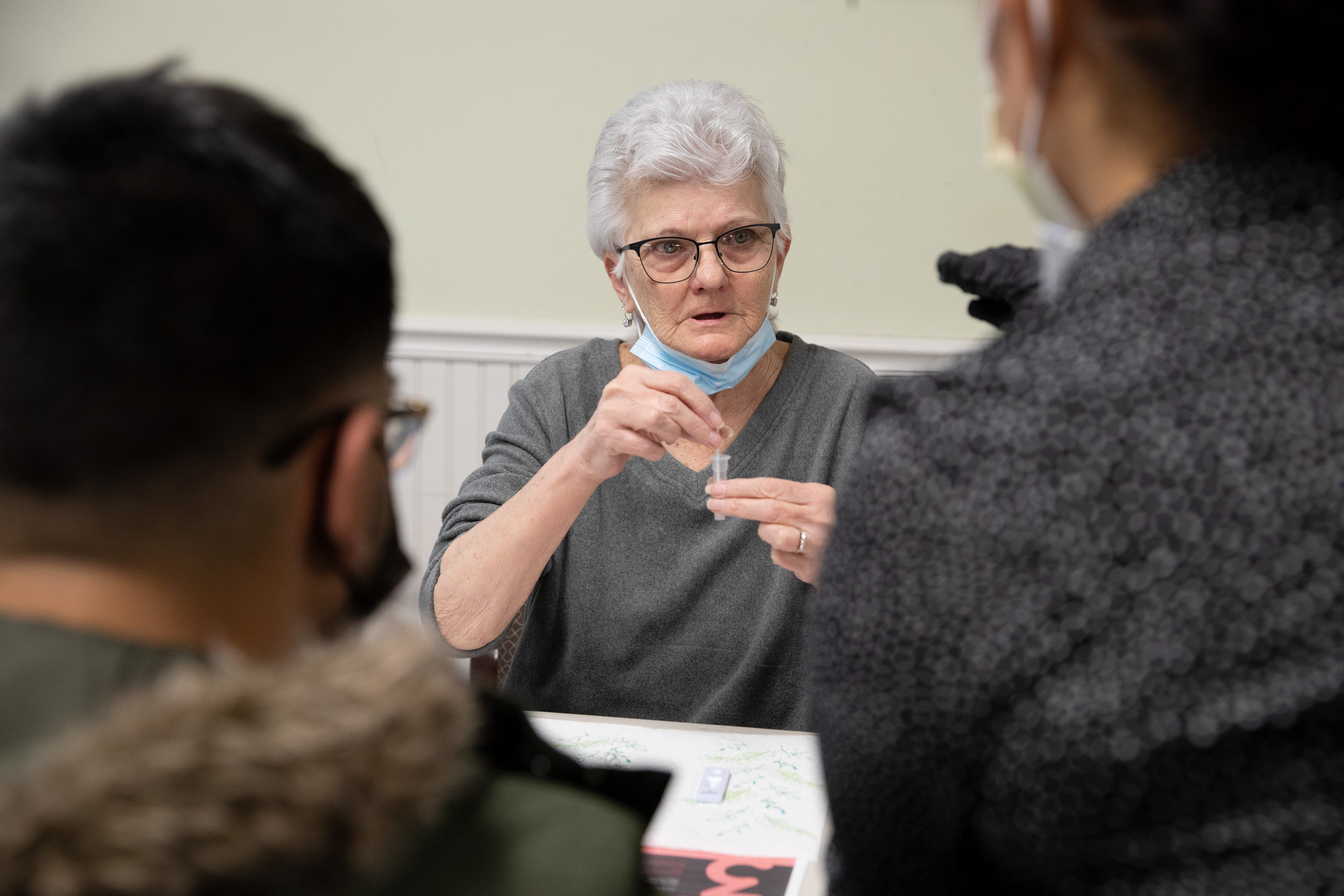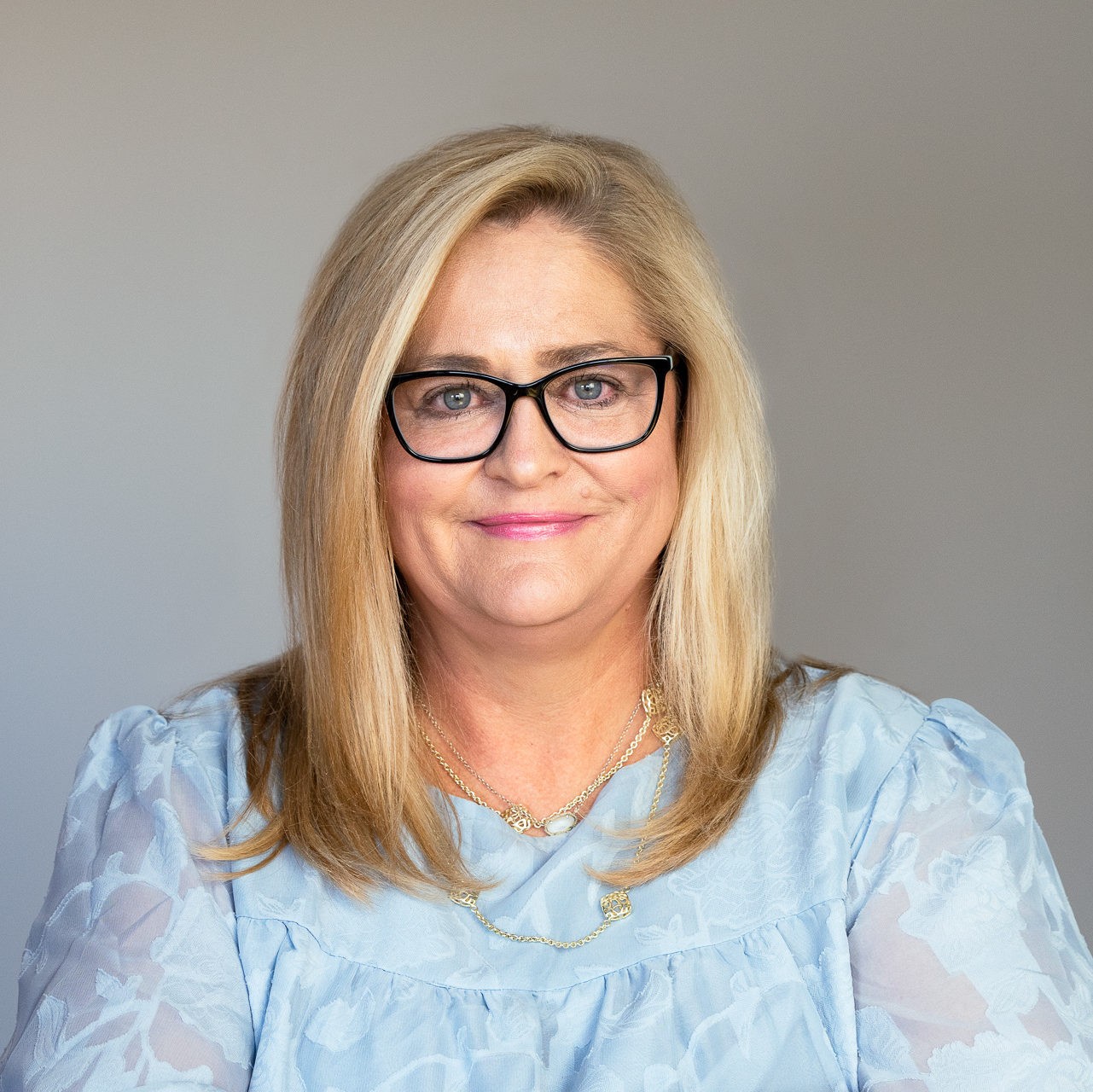Shining a light on inequities in disaster recovery

Editor’s Note: This blog is part of our “Equity in Disasters” series. The series, which focuses primarily on racial equity and justice issues, also explores how these intersect with other kinds of marginalization and the ways that historical and systemic discrimination create an uneven playing field for recovery.
At the Center for Disaster Philanthropy, we view our grantmaking work through an equity lens. But what does that mean? And how can we be intentional about funding equitably?
Over the past several years, we’ve focused on amplifying the voices of the most marginalized to help them secure the resources that are often hidden from them because they aren’t invited to the table or aren’t part of the recovery conversation.
The COVID-19 pandemic, social and racial justice unrest in the U.S. and around the world, the crises at the southern U.S. border and increasing global humanitarian crises have laid bare the need for systemic change.
Funding investigative journalism focused on equity issues
Data tell us that a disaster exacerbates inequities that existed before the devastating event, widening the wealth gap. Those who already have resources before a disaster often find themselves with even more as they recover. The opposite is true for those who live on the margins. And government policies and programs are systemically designed to support recovery for those who already have resources to help them: homeowners, employed individuals and documented white residents of the communities affected.
One of the ways we hope to affect change in these policies is to support investigative journalism to help share information and educate the public and our leaders about the need for policy change or simply another way of doing things. Investigative journalism helps highlight the issues hampering the recovery of the most marginalized.
I first provided grant funding for journalism when directing the grantmaking for the CDP Hurricane Harvey Recovery Fund. As I sought grantee partners, I often relied on the fair and in-depth investigation of the recovery process provided by The Texas Tribune, a nonprofit statewide publication. A grant from CDP helped the Tribune provide coverage of Harvey and the state’s recovery from the storm that was not being provided by other news outlets – coverage that went deeper on policies and issues. The Tribune’s team of journalists held state leaders accountable and kept the state and its recovery top of mind, with a spotlight on the progress toward recovery in the wake of the storm.
We’ve since funded the Tribune team’s work as they’ve reported on the impact on Texas and its residents of the COVID-19 pandemic and the February 2021 electric grid failure during the winter storms.
Through funding from CDP’s COVID-19 Response Fund, we supported the investigative journalism of ProPublica as they focused on the health crisis, the economic fallout, access to appropriate information and even the impact of the virus on racism in America. ProPublica has been an essential source of information to help inform how our national and global leaders respond to the pandemic.
We also awarded a COVID-19 Fund grant to The Daily Yonder, focusing on how the pandemic has disproportionately affected rural communities. Their COVID Dashboard helps us understand how the pandemic impacts rural communities differently and their specific health and economic recovery needs.
As recovery from a disaster begins, we must shine a bright light on the critical issues affecting those most disproportionately affected by the disaster so that communities can focus on providing an equitable and holistic recovery. Nonprofit journalism partners help us do that.
Funding advocacy to amplify marginalized voices
Advocating for resources and policy changes to benefit marginalized communities is an everyday activity for many organizations. When a disaster strikes, that advocacy work creates a heightened sense of urgency for those they serve.
Since we know that philanthropy can’t fund all the needs after a disaster, we often focus our energy on leveraging our funds with others and for others to ensure access to larger pools of recovery resources. That’s why we consider funding groups lifting the voices of those most affected by disasters to ensure that policies and actions serve those most in need.
Though we’ve often granted to organizations with an advocacy focus, the need to spotlight the injustices faced by specific communities and populations appeared for all to see during the height of the COVID-19 Pandemic. Our focus turned to amplifying the voices of those most affected by the layered traumas of social and racial justice issues created by the murders of George Floyd, Breonna Taylor, Ahmaud Arbery and so many others in 2020, along with a critical national election and the economic and health crises caused by the virus spread.
Funding organizations like Color of Change and The Equity Alliance (Tennessee) helped inform Black communities about their voting rights and options during a viral pandemic to fight against the voter suppression that often hides behind “safety” measures. And our grant to the Emergent Fund helped us reach local, grassroots, people-of-color-led organizations utilizing their power-building strategies, including digital organizing, membership development and outreach, narrative development and direct action to serve these most marginalized communities.
And as the pandemic goes on, we continue to see other crises exacerbate the virus’s impact on communities. The layered immigration crises at the southern border caused by climate change, economic fallout from the pandemic and humanitarian crises across the globe led us to support organizations like the Black Alliance for Just Immigration (BAJI),the UndocuBlack Network, KIND (Kids in Need of Defense) and the Transgender Law Center. These organizations provide services to and advocate for Black, brown, LGBTQIA+ immigrants and unaccompanied children – those most marginalized through unfair immigration policies – who show up at our borders or in our country seeking safety and asylum.
At CDP, we know we must address the issues faced by those most disproportionately affected by disaster before, during and after and ensure that our government and community leaders are held accountable for supporting an equitable, fair system for recovery. Shining a light on inequities by funding the amplification of issues of inequality is a way for us to create transformative change in the disaster space. We’re grateful to our advocacy and journalism partners who help us with that transformation.
